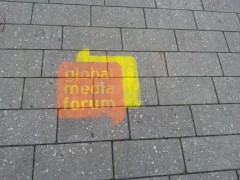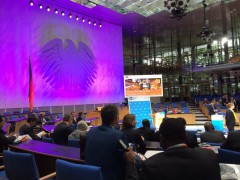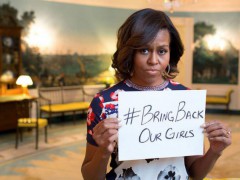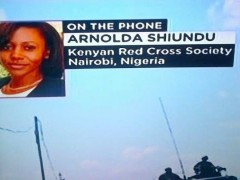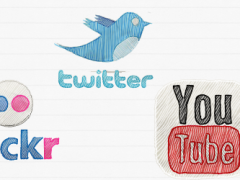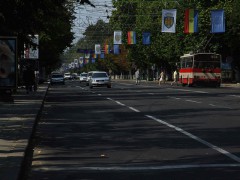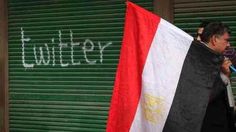New media and their impact on international relations in the 21st century
New information and communication technologies have now entered the realm of foreign policy, and they have a direct impact on international relations in the 21st century. Experts from around the world will explore this and related topics at the 2015 Global Media Forum in Bonn.

Picture: Mario Sorgalla
The reframing of foreign policy affects diplomacy and many key segments related to it, such as business and trade, human rights, security, war and governance, culture, science and academia, innovation, and all the various facets of development cooperation.
The culture of politics is changing, and so, too, are the means of international thinking and action, as they become progressively shaped by digitization and the Internet. In the age of globalization and contemporary media, “top-down” communications have changed and become more lateral between people around the world. Monopolies of power have shifted from governments to companies, smaller organizations and individuals. “Likes”, Tweets and hashtags no longer merely influence private communications. In addition, decentralized ways of working have increased the efficiency and reach of communications, as well as knowledge-sharing and how information is used. In global communications, a nation’s government is now just one of many stakeholders. The increasingly uncontrollable flow of information has altered the existing power and social structures of society.
For foreign policy, openness and transparency present opportunities and risks alike. Developments such as the revolutions of the Arab Spring and debates centering on e-democracy, e-government and e-campaigning have triggered discourse concerning what the Internet means for political communications and democratic movements. At the same time, disclosure of diplomatic secrets has exposed new security requirements, calling traditional concepts of diplomacy and foreign policy into question.
How will the new, expanded media landscape and active participation by members of civil society influence decision-makers’ scope of action? What role do (international) media have as ambassadors and mediators? Is digital diplomacy a harbinger of global media democracy? Should international organizations rethink their diplomatic strategies? What consequences will access to new communication technologies have for rapidly growing economies in developing countries? How can new media be integrated into conventional forms of public diplomacy?
Experts from around the world will explore these and related questions at the 2015 Global Media Forum. Future Challenges bloggers have been invited to the Global Media Forum. If you are interested in different perspectives on this critical issue take your pick from the Local Views below, and explore the ways in which Future Challenges bloggers from around the world think about media and foreign policy.
This article was originally published by Deutsche Welle.

